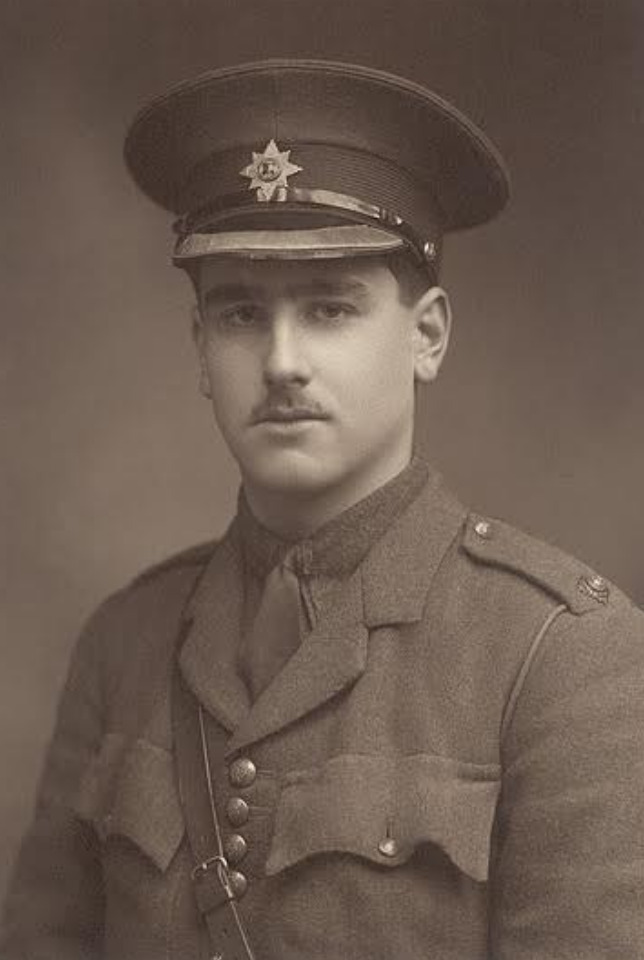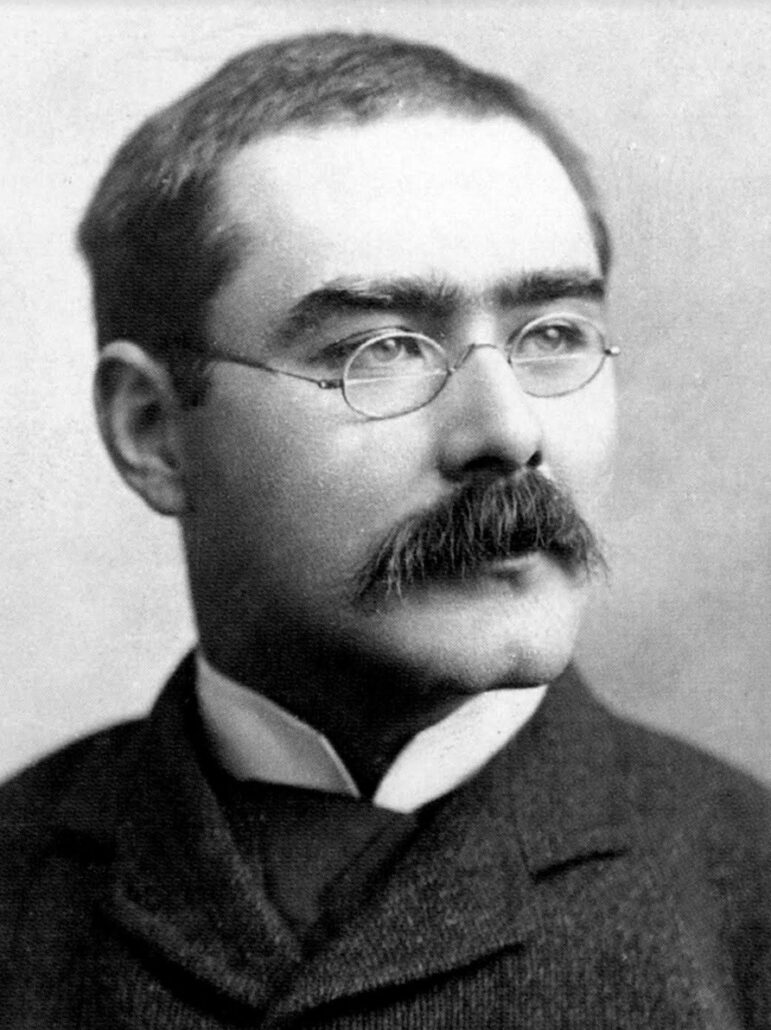By Andrew Melillo, Grand Historian of the Grand Lodge of Connecticut
The following poem was written by Rudyard Kipling. Today we address it as a poem, and indeed it is by nature, however, this was a letter he wrote to his son, John ‘Jack’ Kipling. Rudyard had spent a great deal of energy using his contacts to obtain an officer’s commission for his son.
He sent this poem in 1915 and shortly after sending it, John was killed at the Battle of Loos on the Western Front in France.

Rudyard spent much of his later life in France looking for Jack’s grave. Rudyard was an English novelist, poet, and journalist.
He was born in India when the British Imperial Empire was still beaming in the Sunlight of Glory upon from which it never set. Rudyard was made a Mason in the Lodge of Hope and Perseverance, No. 782, of the English Constitution in Lahore, Punjab India where his father John Lockwood Kipling had taken up a post for the British government.
While there may be many people today who disagree with his noble Imperial sympathies, most reasonable folk can sympathize with the humanity found both in the poem to his son, and Rudyard’s twilight years roaming the French countryside looking for his son’s remains.
If you can keep your head when all about you
Are losing theirs and blaming it on you,
If you can trust yourself when all men doubt you,
But make allowance for their doubting too;
If you can wait and not be tired by waiting,
Or being lied about, don’t deal in lies,
Or being hated, don’t give way to hating,
And yet don’t look too good, nor talk too wise:
If you can dream—and not make dreams your master;
If you can think—and not make thoughts your aim;
If you can meet with Triumph and Disaster
And treat those two impostors just the same;
If you can bear to hear the truth you’ve spoken
Twisted by knaves to make a trap for fools,
Or watch the things you gave your life to, broken,
And stoop and build’em up with worn-out tools:
If you can make one heap of all your winnings
And risk it on one turn of pitch-and-toss,
And lose, and start again at your beginnings
And never breathe a word about your loss;
If you can force your heart and nerve and sinew
To serve your turn long after they are gone,
And so hold on when there is nothing in you
Except the Will which says to them: ‘Hold on!’
If you can talk with crowds and keep your virtue,
Or walk with Kings—nor lose the common touch,
If neither foes nor loving friends can hurt you,
If all men count with you, but none too much;
If you can fill the unforgiving minute
With sixty seconds’ worth of distance run,
Yours is the Earth and everything that’s in it,
And—which is more—you’ll be a Man, my son!
